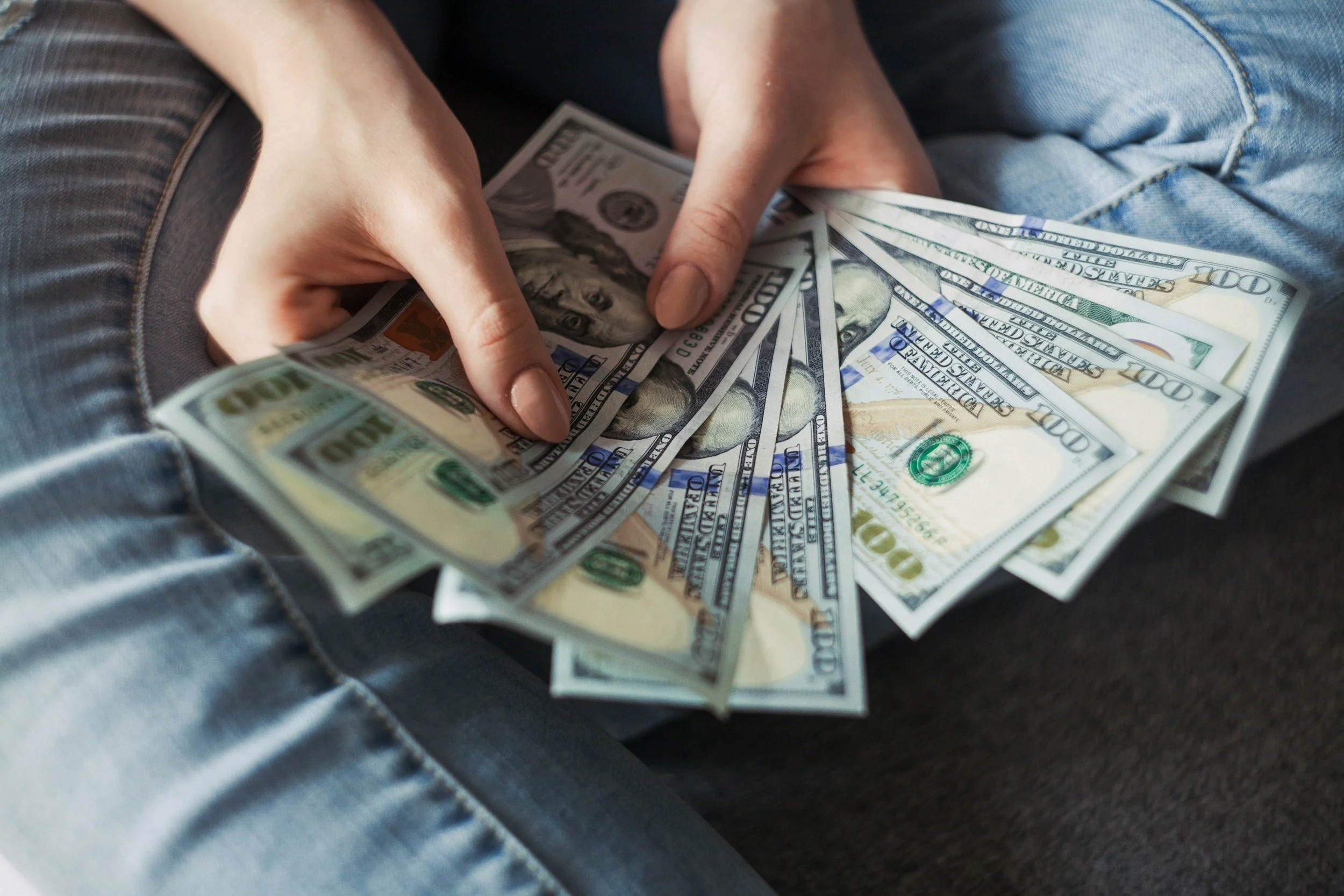Why is Manuka Honey so Expensive? The Secrets Behind Its Value
If you’ve ever browsed for Manuka honey, you’ve likely noticed the hefty price tag attached to this golden wonder. So, why is Manuka honey so expensive? The answer lies in a unique blend of rarity, labor-intensive production, strict quality standards, and scientifically backed health benefits. Let’s uncover the factors that drive the high cost of this extraordinary honey and why it’s worth every penny.
1. Manuka Honey Comes from a Rare Source
Manuka honey is exclusively harvested from the Manuka plant (Leptospermum scoparium), which grows in specific regions of New Zealand. These plants bloom for a brief window each year, limiting the time beekeepers have to collect nectar. This natural scarcity significantly contributes to the high price.
In areas where Manuka plants thrive, environmental factors like unpredictable weather can also impact honey production. A poor season means lower yields, which increases demand and, consequently, price.
Explore more about the origins of Manuka honey and its connection to New Zealand’s unique landscape.
2. Labor-Intensive Harvesting and Production
Producing high-quality Manuka honey is not as simple as placing beehives near Manuka flowers. Beekeepers face several challenges, including:
Remote Harvesting Locations: Many Manuka plants grow in remote, rugged areas. Beekeepers often have to transport hives via helicopter or off-road vehicles.
Careful Processing: The honey must be carefully extracted, filtered, and tested to maintain its potency and purity. This meticulous process adds time and labor costs.
After harvesting, the honey undergoes rigorous quality testing to determine its UMF (Unique Manuka Factor) rating. Higher UMF-rated honey, indicating greater medicinal properties, commands a premium price.
Find out why choosing UMF-certified Manuka honey ensures you’re getting the highest quality.
3. Strict Quality Control Standards
Not all honey labeled "Manuka" meets the stringent standards set by the UMF Honey Association. To earn UMF certification, Manuka honey must pass tests for key markers, including Methylglyoxal (MGO) and Leptosperin. This certification process guarantees:
The honey’s authenticity and origin.
Verified antibacterial and healing properties.
A product free from adulteration or dilution.
These strict regulations help maintain Manuka honey’s reputation as a natural superfood, but they also increase production costs.
4. Scientifically Proven Health Benefits
Manuka honey’s unique properties, such as its potent antibacterial effects, are supported by extensive research. Studies have shown that Manuka honey can:
Aid in wound healing and infection prevention.
Soothe sore throats and improve digestive health.
Provide natural relief for skin conditions like eczema and acne.
Due to these proven benefits, Manuka honey is in high demand globally, driving up prices even further. Learn how Manuka honey’s health benefits can support your wellness journey.
5. Limited Supply and High Demand
The combination of limited supply and ever-increasing global demand keeps Manuka honey prices elevated. With health-conscious consumers seeking natural remedies, Manuka honey has become a sought-after product in both the health and skincare industries.
Beekeepers continue to face challenges in meeting this demand, especially during seasons with unfavorable weather conditions. The rarity of high-grade UMF honey makes it a valuable commodity.
Is Manuka Honey Worth the Price?
While Manuka honey is more expensive than regular honey, its unique benefits and strict quality standards justify the investment. By choosing UMF-certified Manuka honey, you’re not only supporting sustainable beekeeping practices but also ensuring you receive a product that delivers genuine health benefits.
At Manuka Direct, we’re committed to helping you find trusted, high-quality Manuka honey products. Browse our shop page to explore a variety of options suited to your wellness needs.
Conclusion: A Golden Treasure from Nature
Manuka honey’s price reflects its rarity, laborious production, and proven health benefits. From the remote hillsides of New Zealand to your kitchen counter, this natural elixir carries a story of dedication and excellence. Understanding why Manuka honey is so expensive helps you appreciate the value behind every jar.
Next time you indulge in this golden treasure, know that you’re investing in a product with centuries of tradition, science-backed healing properties, and the care of countless beekeepers.

